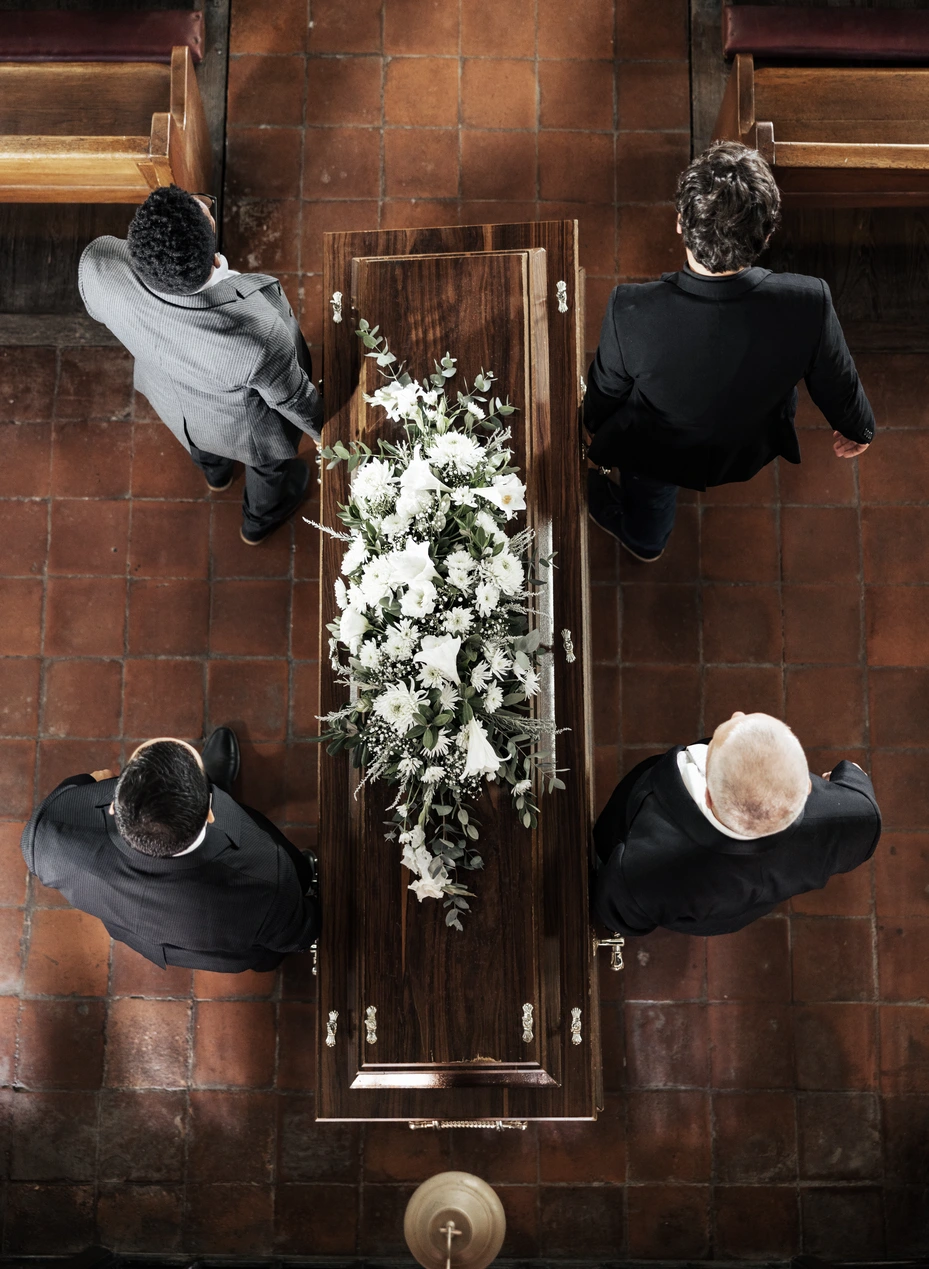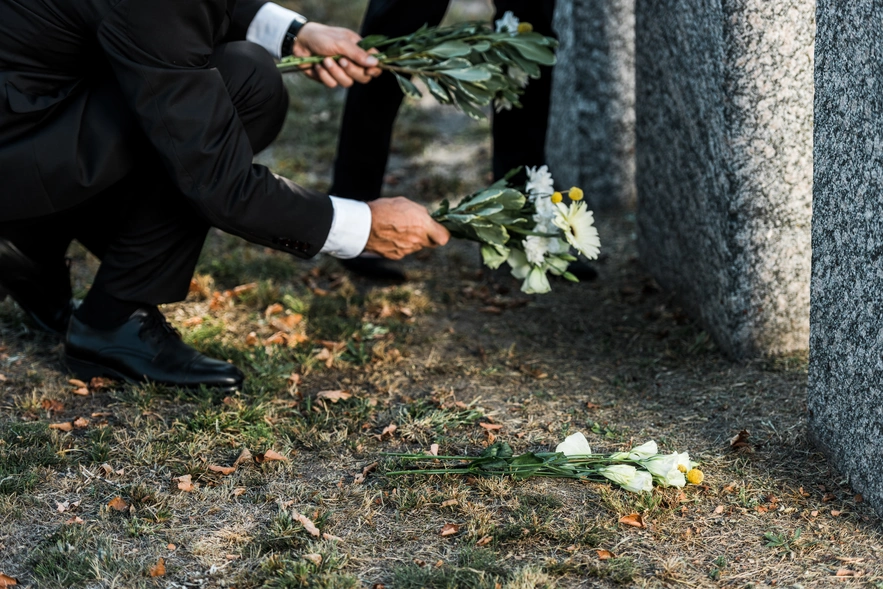Funeral planning in Comber, Newtownards
What to do if a death occurs
- Decide between burial and cremation
- Final resting place
- Finding the right coffin
- Embalming
- Day and time of service
- Transportation
- Publication of death notice
- Type of ceremony
- Memorial/inscription or later interment of ashes
Registration of a death
It is the principal duty of a relative to register, but this task can be carried out by the person responsible for making the arrangements, the occupier of the premises where the death occurred or a person present at the death.
If you are unsure of what to do when registering a death, we will gladly advise you.
The Medical Certificate of Cause of Death will be sent to Registration who will contact you by telephone to register the death
Where appropriate and available, the following documents should be taken to the registrar’s office at the time of registration.
The deceased’s birth certificate
The deceased’s marriage certificate
The deceased’s national health service medical card
Registering a death is a simple process of questions and answers, which the registrar will conduct. Some of the information you will be asked for are noted below.
The full name and surname (maiden name if the deceased was a married woman)
The usual address of the deceased
The date and place of birth of the deceased
The date and place of death of the deceased
The occupation (husband’s name and occupation if the deceased was a married woman)
If the deceased was married, the date of birth of the surviving spouse
You should be aware that the registrar will charge you for any copies of the certificate of registration of death extract that you require.
If you have any questions, which have not been answered here, please feel free to contact our staff. They can help with every element of organising a funeral service.

Call Gilmore Funeral Directors for all matters concerning funeral planning
Call us 028 9187 2949.

